Grout mixer machine nepal is a combination consist of a steel sheet cylindrical mixer tank heavy-duty slurry pump and agitator tank, set-up on a strong base frame. This product is equipped with an automatic control system that can automatically control the operation of the equipment. The slurry is mixed through a high speed vortex produced by a special pump which, after sucking the material from the bottom of the mixer tank, sends it back tangentially into the same tank in order to get highest possible efficiency. By this process it is possible to obtain homogeneous colloidal and high quality mixtures within a very short period of time. After mixing, this mixtures are pumped into the agitator tank with slow speed mixing paddles by the above same pump. When all the mixture in the mixing tank is pumped out, press the discharge completion button to start the next cycle of pulping.
Grout mixer machine nepal is a skid mounted system. The cement mixers are equipped with a high speed centrifugal diffuser-type pump. The pump disperses the cementitous material down to its smallest size to achieve complete particle or wetness, and a powered bridge breaker to precondition material before entering the colloidal mixing pump. The rugged steel frame stands up to the toughest conditions on the job site. Operator controls are centrally located for efficient production. All components are easily accessible for operating, cleaning and maintenance. The grout mixer and agitator is widely used in post tensioning, tunnels, shafts and mining etc.
Grout mixer machine nepal use a high speed impeller to generate a shear vortex. The vortex action within the mixing chamber rapidly assimilates solids into the high shear mill, resulting in very rapid batch times. Also, as mixing occurs during the entire weigh cycle, actual mix cycle times are minimized.
Effective and efficient mixing of modern grouts for dam foundation grouting re-quires the use of high-speed, high-shear mixers, which, although they do not actually create a true colloidal suspension, commonly have been know n as"colloidal"mixers. On completion of mixing, grout is discharged into an agitator, which is usually placed close to the grout mixer machine. The function of the agitator is to keep the grout particles in suspension after thorough mixing has been achieved and to keep thick, thixotropic grouts in a fluid condition until injected. The agitator usually consists of a vertical cylindrical tank equipped with a rotating paddle mounted on a vertical shaft. Proper agitation cannot be accomplished with purely circumferential movement of the grout ; turbulent motion is required to prevent settlement of heavier particles to the lower part of the tank. In properly designed agitators, this turbulent motion is imparted by built-in baffles or deflectors. Some agitators, introduce turbulence by mounting the paddle at a diagonal to the axis of the tank.
Your position:
Home > News > Product News
Grout mixer machine nepal
date: 2021-01-15
Pan mixer for refractory castable
2021-01-14
Inquiry
Please feel free to submit your inquiry information to us. We will contact with you as soon as possible.

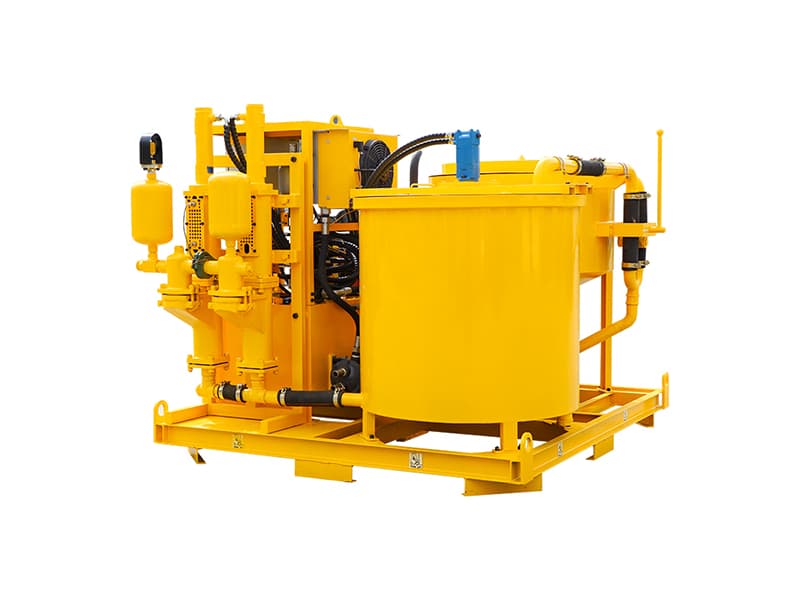
.jpg)
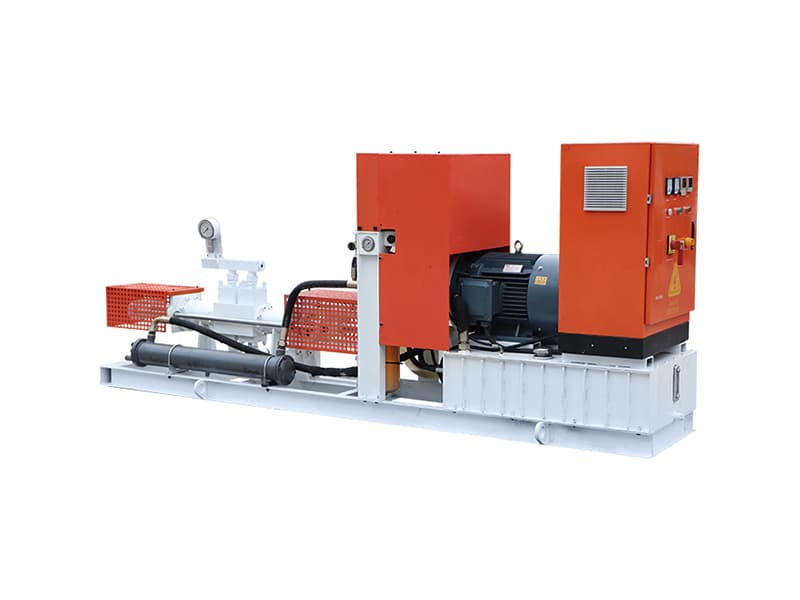
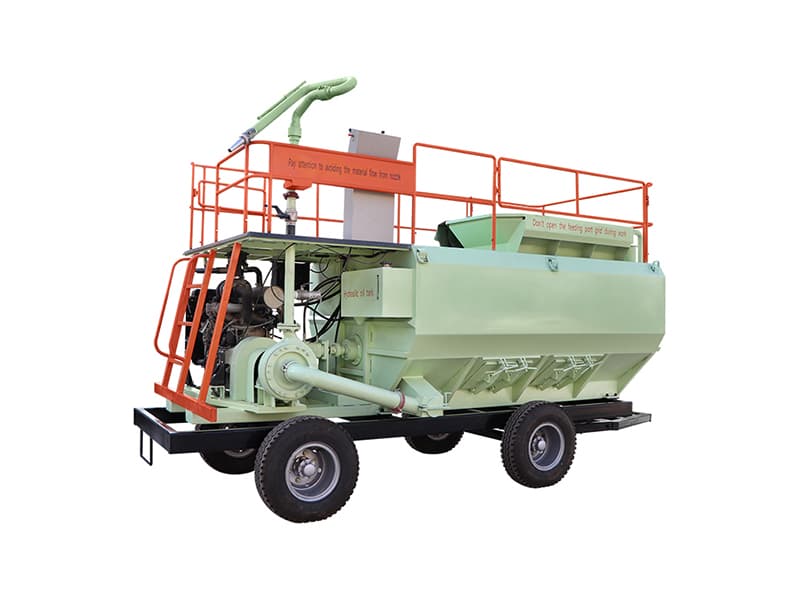
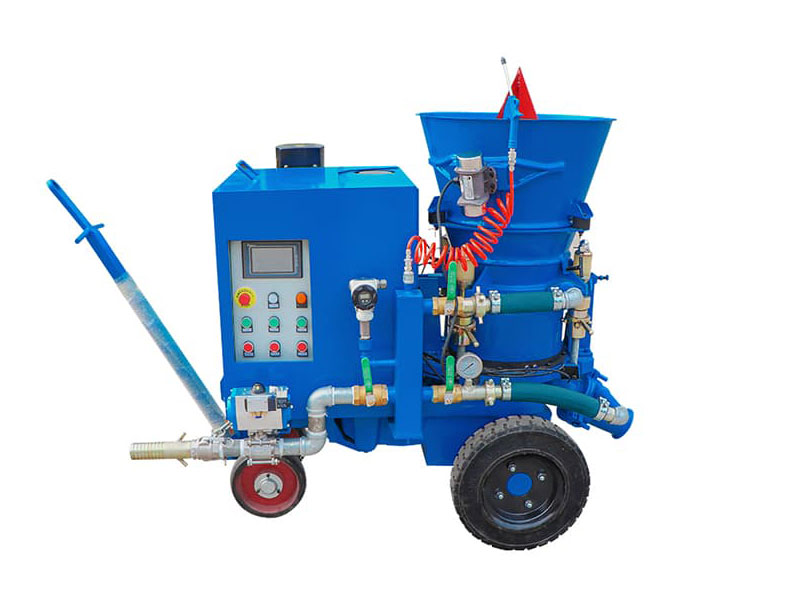
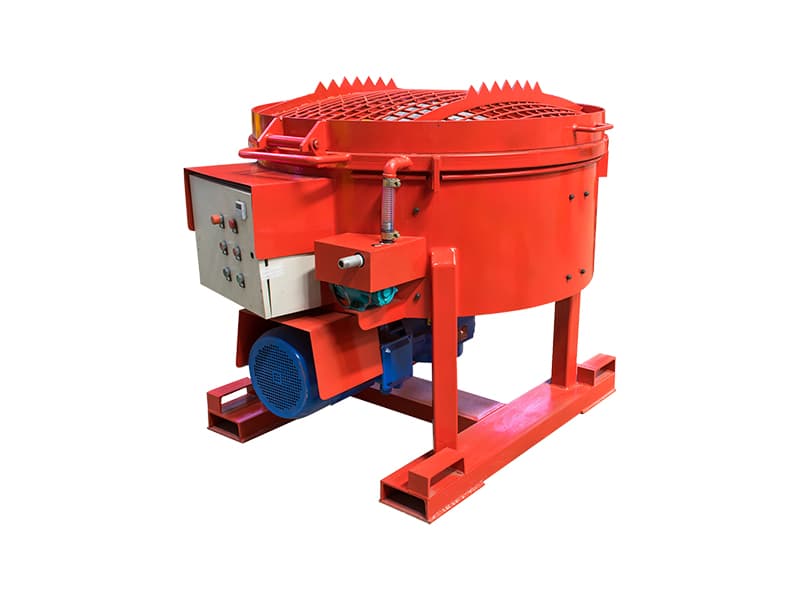
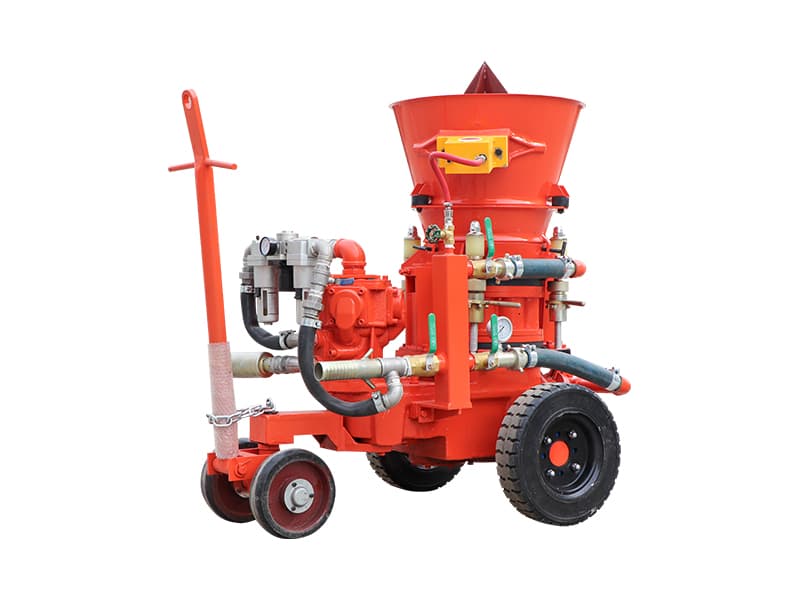
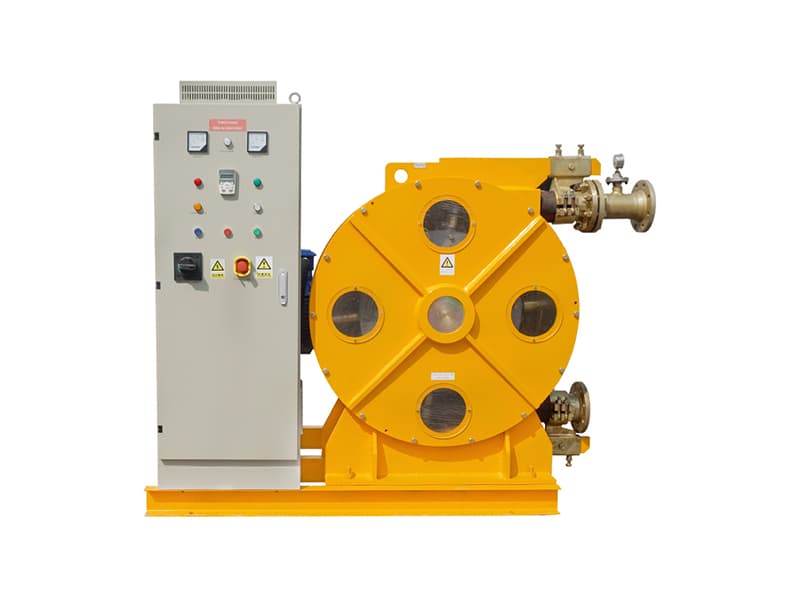
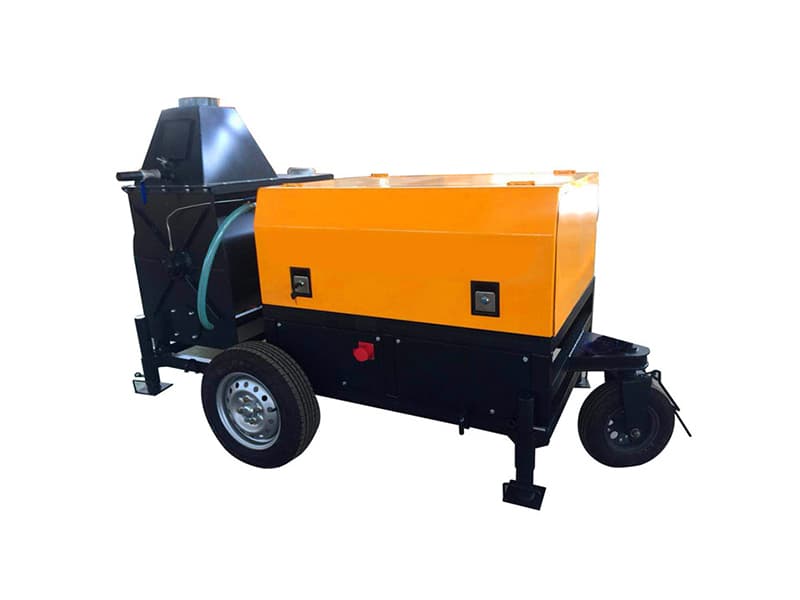
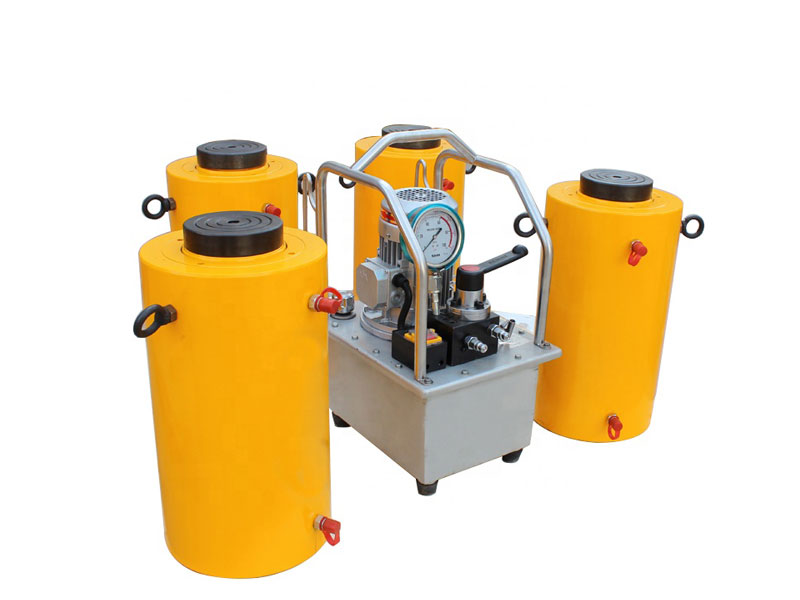
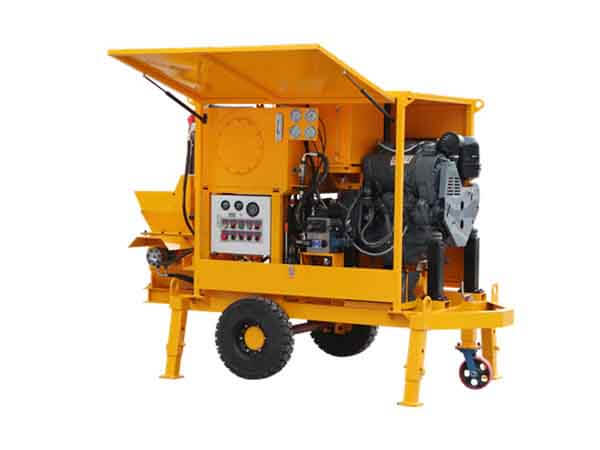
.jpg)
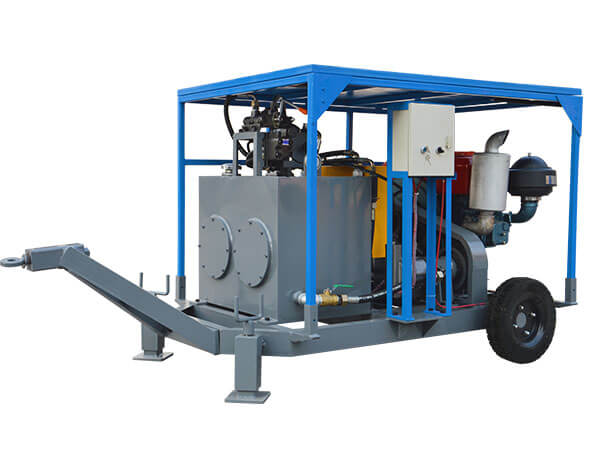
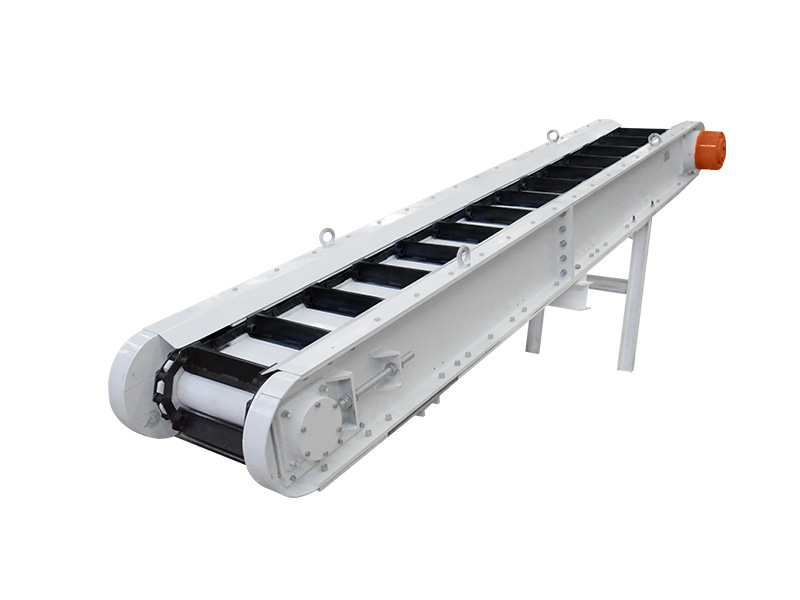
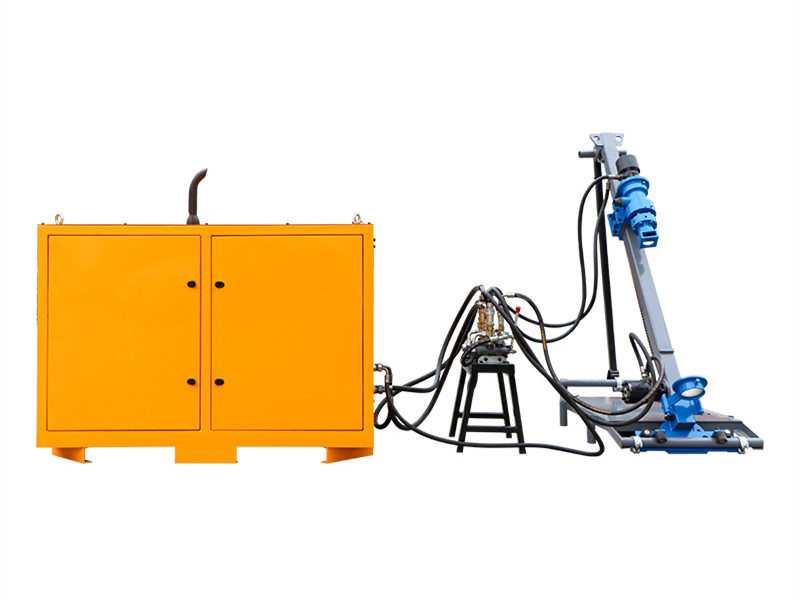



.jpg)
.jpg)